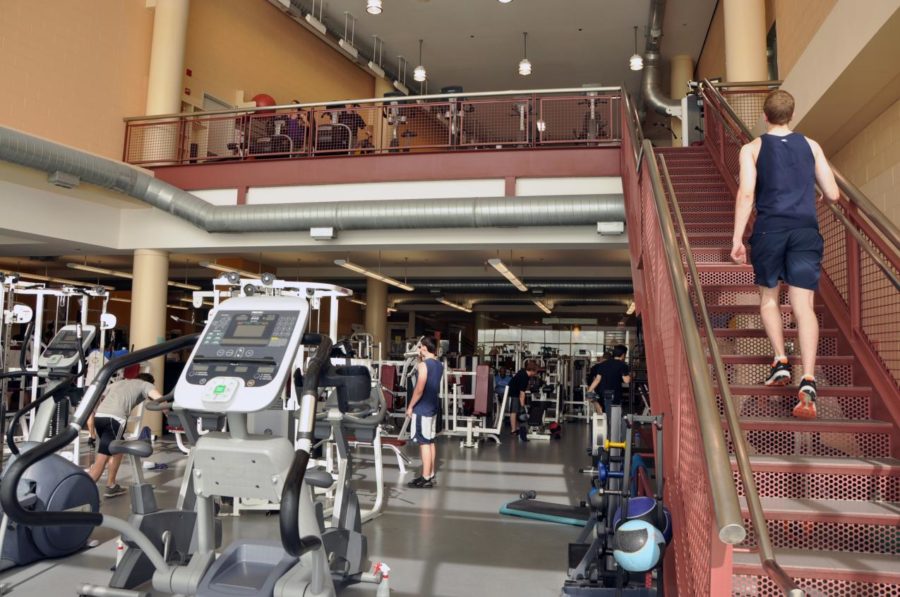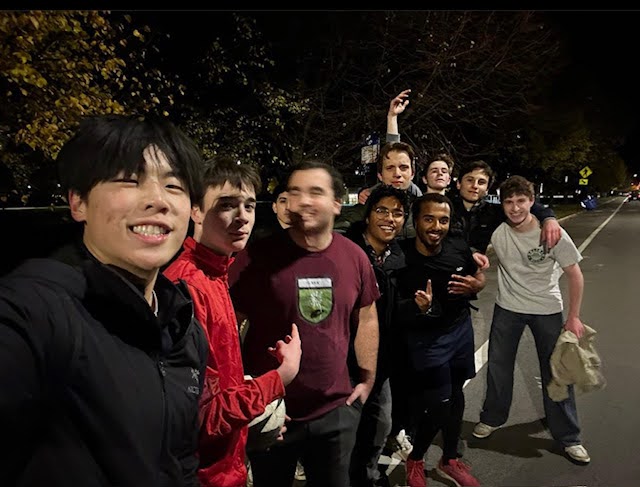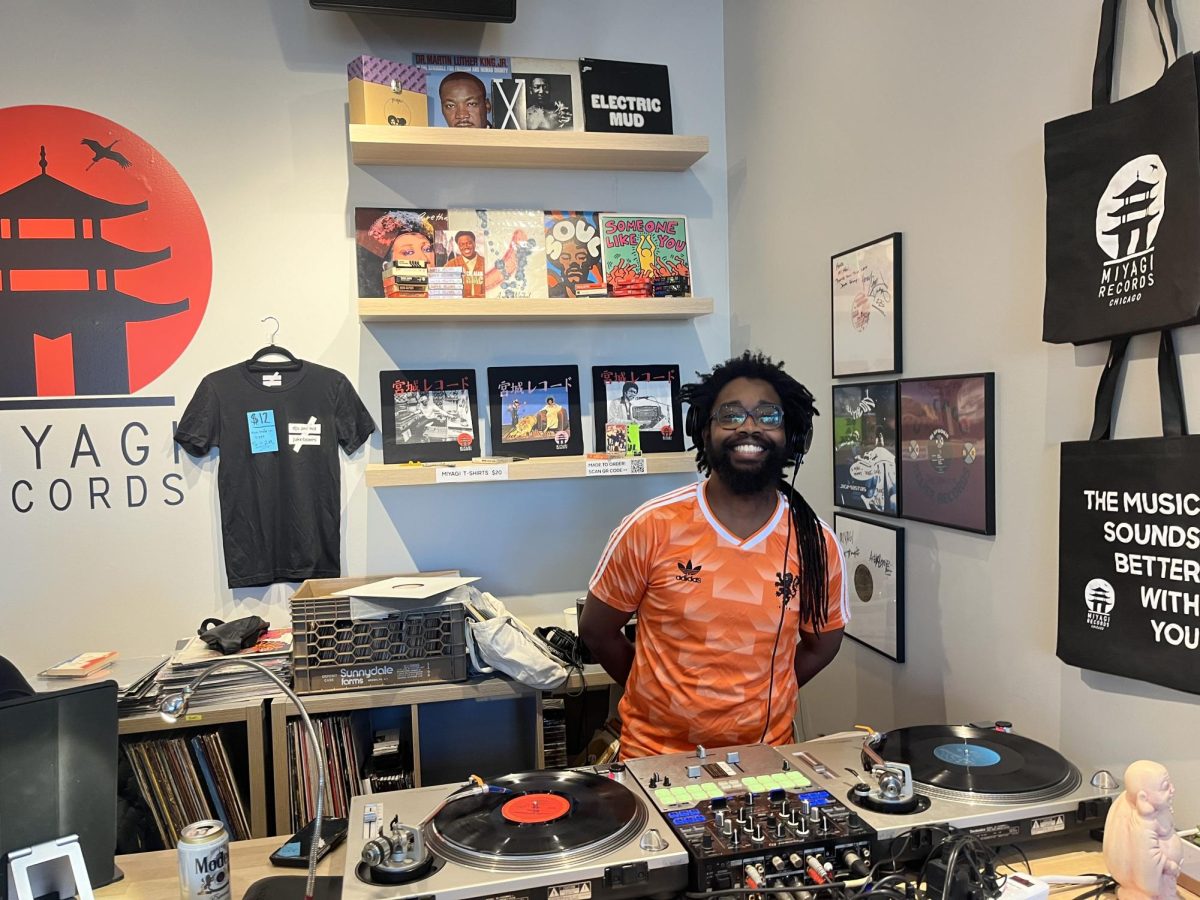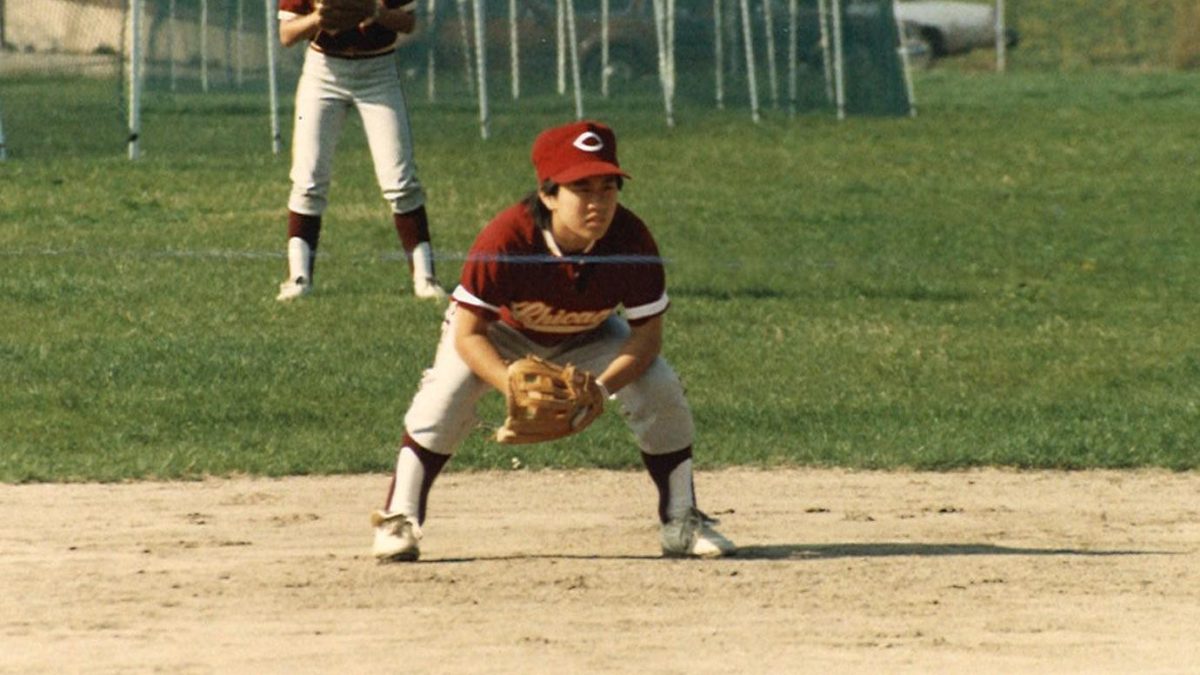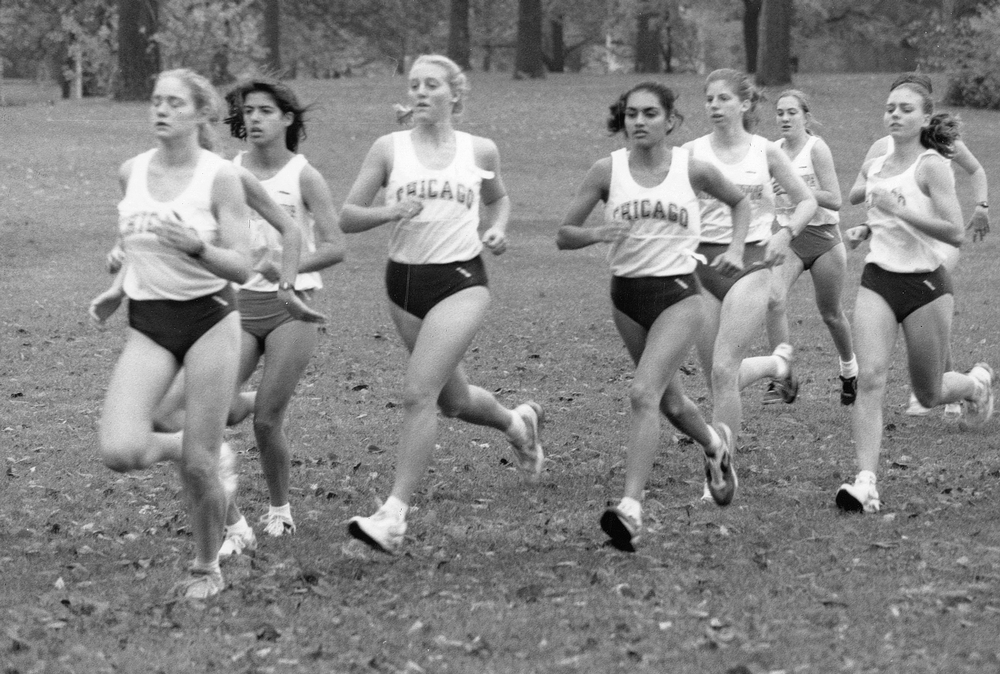Men’s soccer was in a familiar position at the outset of last weekend’s game against Carnegie Mellon.
They were at home and playing to reach the .500 mark for the first time since September 16. Early on, they were defending close shots on goal, challenging 50–50 balls, and working the outside of the field, intent on testing fourth-year Tartan goalie Matthew Bazin. When first-year defensive midfielder Rashad Masri took a powerful hack at the goal in the eighth minute–a shot that was narrowly saved by Bazin as third-year forward Edgar Friloux got to the ball late by a fraction of a second– the Maroons seemed like they were not going to lie down in the face of a ranked opponent.
Yet, in the 10th minute of the scoreless contest, the Maroons let up, and Carnegie capitalized on a crude deflection from eight yards out. It was a cheap goal, but that was all it took for the Tartans to capture the game’s momentum for good.
The opening minutes of the Carnegie game are a microcosm of the team’s frustrating 2008 campaign. Heading into this weekend’s pivotal matchups versus University Athletic Association (UAA) rivals Brandeis (6–5–1, 0–1–1) and NYU (5–4–3, 0–2), the Maroons are not panicking. Instead they feel, as head coach Scott Wiercinski emphasized after the Carnegie game, a sense of urgency.
The team owns a manageable 4–6–2 record but is hindered by a 0–2 start in league play, which currently has them in last place in the difficult UAA standings. The Maroons have struggled through the past few weeks and are winless in their last four contests.
“We’re in a funk,” second-year Alex Clifford said. “We’ve just taken a beating these past few games.”
After battling Illinois Wesleyan (5–6–1) to a double-overtime tie on September 30, the Maroons faced a torturous schedule. The snowball effect began when the team flew down to Georgia to play ninth-ranked Emory (11–0, 2–0 UAA), culminating in a one-sided 5–1 affair. From there, the Maroons dropped another contest to 12th-ranked Wheaton and later fell to visiting 11th-ranked Carnegie (10–1–1, 1–1).
While each opponent possessed a lofty record, a comfortable conference standing, and an exceptional national ranking, they always started off slow against the Maroons.
Against Emory, the Maroons scored first and went into halftime trailing 2–1. Similarly, they relied on a solid first half effort to stay with Wheaton, forfeiting only one goal through the first 45 minutes. In the Carnegie contest, the Maroons allowed the Tartans to strike first by failing to safely clear a free kick out of their own box.
This disappointing four-game stretch, however, has not just been about being overmatched by tough opponents.
“There have been games this season when we were dominating the whole way,” third-year midfielder Joe Farias-Eisner said. “But it’s not just enough to dominate only 89 minutes of the game.”
He also notes that the team has endured several overwhelming losses due to injury, which have accounted for at least some of its recent struggles. The Maroons have been without third-year forward Eric Floyd, who tallied two assists and one goal in four starts this year, and second-year midfielder Ryan Fitzgerald, who earned All–UAA honorable mention accolades last season.
As the team eyes today’s crucial league game against Brandeis, Clifford and Farias-Eisner can both attest to their opponent’s aggressive playing style.
“They’re gonna foul, and they’re gonna kick you,” Clifford said. “You just got to answer violence with violence.”
“Brandeis doesn’t play pretty soccer,” Farias-Eisner added, noting they rely on their physical nature to overpower the teams they face. He views NYU’s players, whom the Maroons face on Sunday, in the same light, commenting that what separates them from Brandeis is their superior size.
Regardless of size or rough play, the Maroons know what it will take to win this weekend.
“We need to exceed their intensity,” Farias-Eisner said. “We need to have pride, to be composed, and to play our game in order to defend home field.”
The Maroons are currently behind Brandeis and NYU in UAA standings by a small margin and are within striking distance of Wash U (8–3, 1–1), higher up in the rankings. While it is crucial for the Maroons to improve their record to .500 and above, Clifford is thinking beyond the standings.
“It’s about more than getting back to .500,” he said. “It’s about restoring the team’s morale. These next two games will determine the outcome of the season.”


